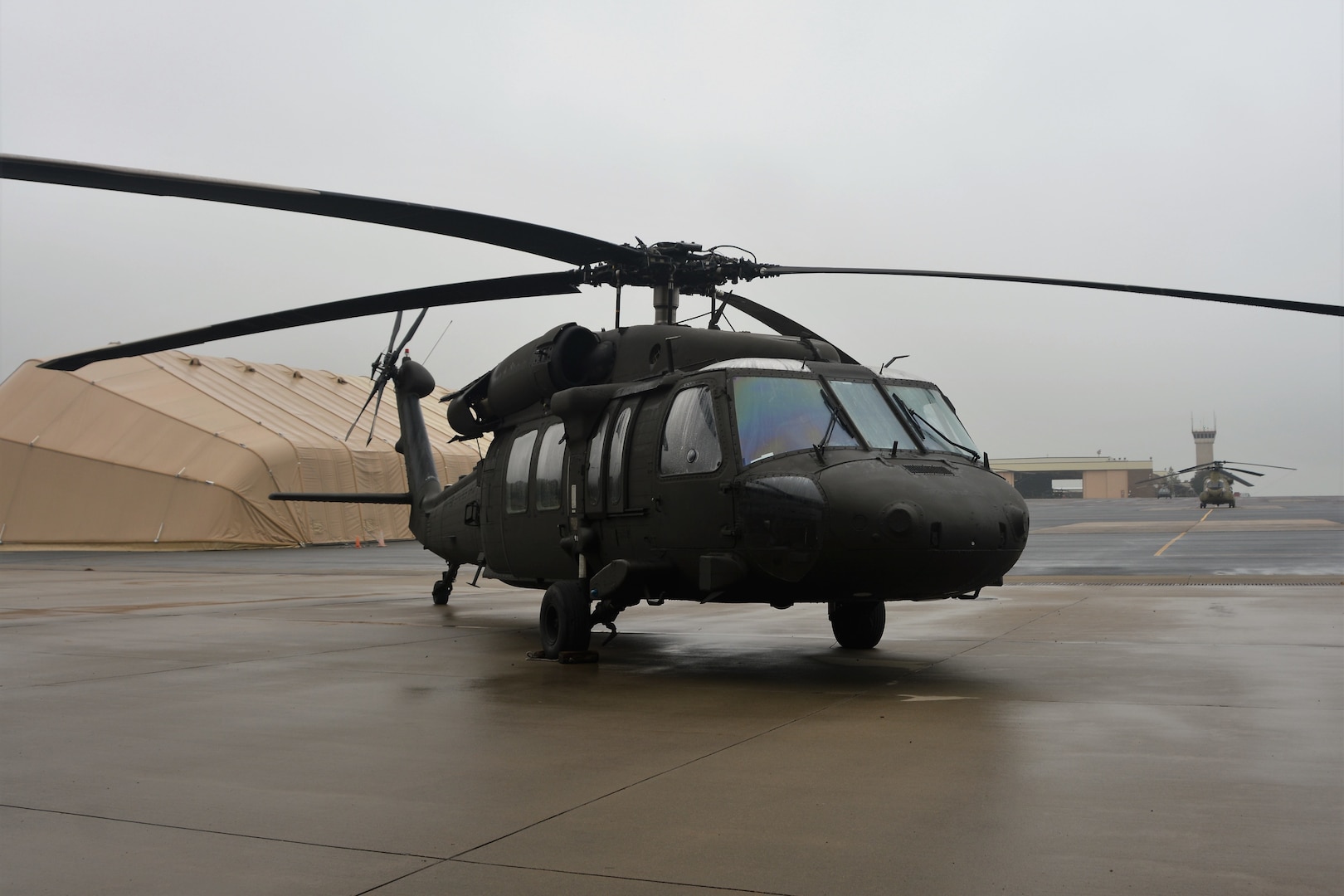UH 60 Black Hawk Helicopter Variations and Their Uses
The Influence of Sustainable Practices on the Future of Airplane Workflow and Emissions Reduction
As the aeronautics industry faces raising examination over its ecological effect, the adoption of sustainable techniques arises as an essential path towards future aircraft procedures and exhausts decrease. Innovations in lasting air travel fuels and advancements in hybrid propulsion technologies stand at the leading edge of this improvement, promising substantial reductions in greenhouse gas discharges.

Summary of Lasting Practices
Lasting techniques in airplane operations incorporate a range of techniques targeted at minimizing ecological impact while maintaining operational performance. These methods are important in the aeronautics industry's dedication to minimizing its carbon impact and adhering to international ecological standards. Key initiatives include enhancing flight paths to reduce gas intake, improving maintenance protocols to ensure airplane run at peak performance, and executing advanced modern technologies such as winglets and light-weight materials that enhance aerodynamics.

Engaging and educating staff on sustainability methods additionally play a vital function, fostering a society of ecological responsibility within organizations. Generally, the assimilation of these sustainable practices not only helps in reducing exhausts yet also improves the long-term practicality of the aeronautics field, ensuring it satisfies the demands of both clients and regulative bodies while adding to international sustainability goals.
Innovative Fuel Alternatives
Numerous innovative fuel options are becoming crucial remedies to reduce the aviation industry's reliance on traditional fossil gas. Amongst these choices, Sustainable Aviation Fuels (SAFs) have actually gained considerable attention because of their prospective to reduce lifecycle greenhouse gas discharges by as much as 80% compared to traditional jet fuels. SAFs are obtained from different feedstocks, including waste oils, agricultural residues, and also algae, making them a flexible option for the industry.
An additional encouraging choice is hydrogen fuel, which, when made use of in gas cells, generates only water vapor as a result. This zero-emission potential presents a substantial chance for decarbonizing flight operations, specifically for short-haul flights and local aircraft. Furthermore, electrical propulsion systems are being checked out, leveraging battery technology to power aircraft. While existing battery ability restrictions array and payload, ongoing advancements might soon make electric trips feasible for particular applications - uh 60.
Lastly, biofuels originated from biomass are being checked out, offering an eco-friendly choice that can be mixed with standard fuels. Jointly, these ingenious fuel alternatives represent a vital step toward accomplishing a lasting aeronautics environment, straightening with international discharges decrease targets and improving the sector's ecological stewardship.
Technological Advancements in Aeronautics

Just how can technological advancements improve the future of aviation? The integration of innovative modern technologies is pivotal in transforming airplane operations, improving performance, and decreasing exhausts. Developments such as electrical and hybrid propulsion systems go to the leading edge, encouraging significant decreases in gas intake and greenhouse gas emissions. These systems utilize advancements in battery technology and power monitoring, making it possible for airplane to run with a lower environmental footprint.
Additionally, the application of innovative materials, such as lightweight compounds, adds to boosted the rules of aerodynamics and gas effectiveness. The use of expert system and artificial intelligence in trip operations optimizes route preparation and reduces fuel burn by enabling real-time modifications based upon weather and web traffic problems. In addition, the development of autonomous and from another location piloted airplane systems stands to transform freight and passenger transportation, potentially enhancing efficiency while decreasing human error.
Moreover, lasting air travel modern technologies, including innovative air traffic monitoring systems, can reduce and enhance procedures congestion, leading to reduced emissions throughout trip. These developments jointly represent a standard shift in air travel, assuring a like this future where sustainability and operational efficiency are intertwined, thus sustaining the sector's dedication to decreasing its ecological impact.

Regulative Framework and Compliance
Due to the expanding emphasis on ecological stewardship within the air travel market, the governing structure governing aircraft procedures is advancing to advertise lasting techniques. Regulative bodies, such as the International Civil Aviation Organization (ICAO) and different nationwide aeronautics authorities, are presenting strict guidelines targeted at minimizing discharges and improving operational performance.
These regulations frequently include the adoption of Sustainable Air travel Gas (SAF), which has actually been acknowledged as an essential component in attaining reduced carbon impacts. Compliance with these guidelines needs airline companies to implement advanced why not try this out modern technologies and operational practices, such as enhanced trip paths and enhanced air website traffic administration, to minimize gas intake.
In addition, the enforcement of discharges trading plans and carbon countering campaigns is coming to be increasingly widespread, compelling airline companies to keep track of and report their emissions properly. Non-compliance can lead to significant penalties, hence pushing operators to focus on sustainability in their service models.
Eventually, the developing regulatory landscape not only drives development and investment in environment-friendly innovations but additionally promotes a culture of accountability within the aviation industry. As these structures proceed to establish, the concentrate on sustainable techniques will certainly be indispensable to accomplishing the field's long-term environmental goals.
Future Trends in Airplane Procedures
As the aviation market adapts to a significantly stringent regulatory setting, future fads in airplane procedures are set to concentrate on innovative solutions that better enhance sustainability and effectiveness - uh 60. Secret developments will likely consist of the fostering of advanced air website traffic administration systems, which use real-time data and artificial intelligence to optimize flight courses, decreasing gas consumption and emissions
One more significant fad is the increased combination of lasting aviation fuels (SAFs) These alternatives to conventional jet fuel, stemmed from eco-friendly sources, can substantially reduce lifecycle greenhouse gas exhausts. The market's commitment to SAFs will likely speed up as airlines work together with fuel producers to make certain accessibility and cost-effectiveness.
Furthermore, the press in the direction of electrification and crossbreed propulsion systems is gaining energy. Arising aircraft designs will certainly integrate these modern technologies, using quieter and more effective operations, especially for short-haul trips.
Verdict
The fostering of sustainable aeronautics gas, coupled with advancements in electrical and hybrid propulsion systems, is important for minimizing lifecycle greenhouse gas exhausts. Optimizing flight courses and welcoming innovative technologies contribute to a quieter and more ecologically friendly air travel industry.
Developments in sustainable aeronautics gas and developments in hybrid propulsion technologies stand at the leading edge of this improvement, appealing considerable reductions in greenhouse gas exhausts.Various ingenious fuel alternatives are emerging as crucial services to decrease the aviation market's dependence on typical fossil gas - uh 60. Among these choices, Sustainable Aeronautics Gas (SAFs) have actually obtained considerable attention due to their potential to lower lifecycle greenhouse gas discharges by up to 80% compared to traditional jet gas.Another significant fad is the boosted integration of lasting aviation gas a fantastic read (SAFs) The fostering of sustainable aviation gas, paired with advancements in hybrid and electrical propulsion systems, is essential for lessening lifecycle greenhouse gas exhausts